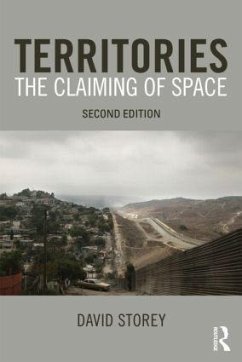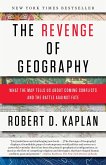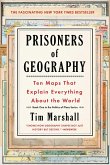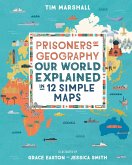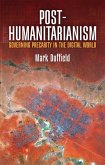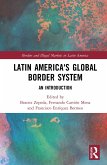Politics and political relationships underpin the world we live in. From a geographical perspective the most obvious example is the territorial division of the earth's surface into states. We also see territoriality in action when we are confronted with signs such as 'authorized personnel only' 'keep out', 'no trespassing', 'strictly no admittance'. Territorial strategies to control geographic space can be used to assert, maintain or resist power and as force for oppression or liberation. Forms of exclusion can be consolidated and reinforced through territorial practices, yet they can also be resisted through similar means. Territoriality can be seen as the spatial expression of power with borders dividing those inside from those outside. The extensively revised and updated second edition continues to provide an introduction to theories of territoriality and the outcomes of territorial control and resistance. The book emphasizes the underlying processes associated with territorial strategies and raises important questions relating to place, culture and identity. Key questions emerge concerning geographic space, who is 'allowed' to be in particular spaces and who is barred, discouraged or excluded. The text explores the construction of territories and the conflicts which often result using a range of examples drawn from various spatial scales and countries. It ranges in coverage from conflicts over national territory, such as Israel/Palestine, Northern Ireland, South Ossetia, to divisions of space based around class, gender and ethnicity. This second edition also contains new contemporary debates on nationalism, territorialisation, globalization and borders. It casts light on the territorial consequences of the 'war on terror' and the conflicts in Iraq and Afghanistan. It also examines issues such as migration, the territorial expansion of the European Union, and territorial divisions in the home and workplace. Written from a geographic perspective, Territories is an interdisciplinary text drawing upon ideas and material from a range of academic disciplines. The text is richly illustrated throughout with figures, boxed case studies, and end of chapter further reading. It will be of interest to undergraduates and graduates studying Political Geography, Politics and International Relations.

